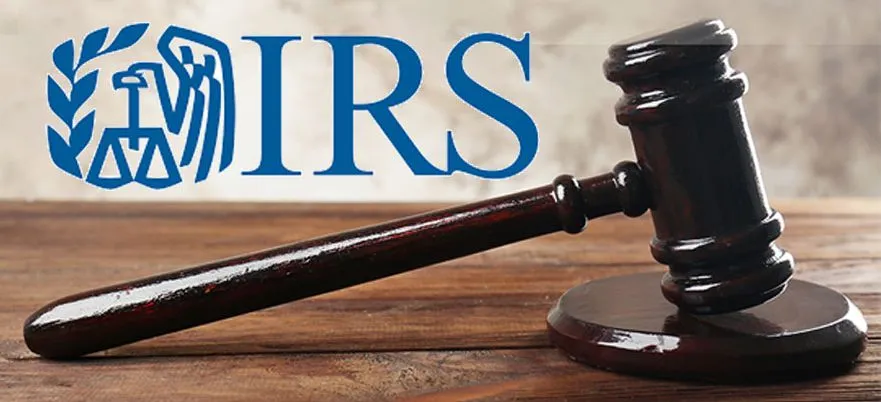|
Getting your Trinity Audio player ready...
|
The lengthy legal battle between Coinbase (NASDAQ: COIN) and the U.S. Internal Revenue Service (IRS) has finally come to a close, and it was the tax agency that emerged victorious—mostly.
On Tuesday, U.S. Magistrate Judge Jacqueline Scott Corley ordered the San Francisco-based company to turn over its customer records for all cryptocurrency-based transactions—buy, sell, send or receive—amounting to more than $20,000 that took place between 2013 and 2015. The summons covers an estimated 14,000 Coinbase’s “highest transacting” customers, representing less than 1% of the company’s customer base.
“The summons as narrowed by the court serves the IRS’s legitimate purpose of investigating Coinbase account holders who may not have paid federal taxes on their virtual currency profits,” according to the court ruling.
The court, however, narrowed down the scope of the IRS summons. Under the ruling, the federal government is only allowed to the Coinbase customers’ taxpayer ID number, name, birth date, address, records of account activity including transaction logs or other records that identify the date, amount as well as type of transactions made, and periodic statements of account of invoices.
While it’s not the complete victory that Coinbase had hoped for, the company said the court ruling was “a substantial and unprecedented victory for the industry” and cryptocurrency holders.
“In narrowing the scope of the summons, we are pleased that the court acknowledged the privacy rights at stake in this matter,” David Farmer, director of communications at Coinbase, stated in a blog post.
“Thanks to Coinbase’s efforts, more than 480,000 customers’ records were preserved from disclosure. This is a 97% reduction in the number of customers impacted by this summons,” he added.
Tuesday’s order comes more than a year after the IRS started pursuing Coinbase to submit records of its customer transactions as part of the federal government’s probe into possible tax fraud activities. The U.S. government doesn’t suspect Coinbase of engaging in any wrongdoing, but the IRS argued in a court filing that “U.S. taxpayers, including Coinbase users, have made use of virtual currencies to avoid the reporting and payment of taxes,” hence the summons.
In response, Coinbase took the fight to block the “unjustified and invasive” summons back to the court. This eventually led to the IRS decision to narrow down the scope of the summons. Coinbase said it is currently reviewing Tuesday’s court order, promising to notify affected users of any disclosure “in the event that we ultimately produce the documents” under the court order.

 07-15-2025
07-15-2025 





